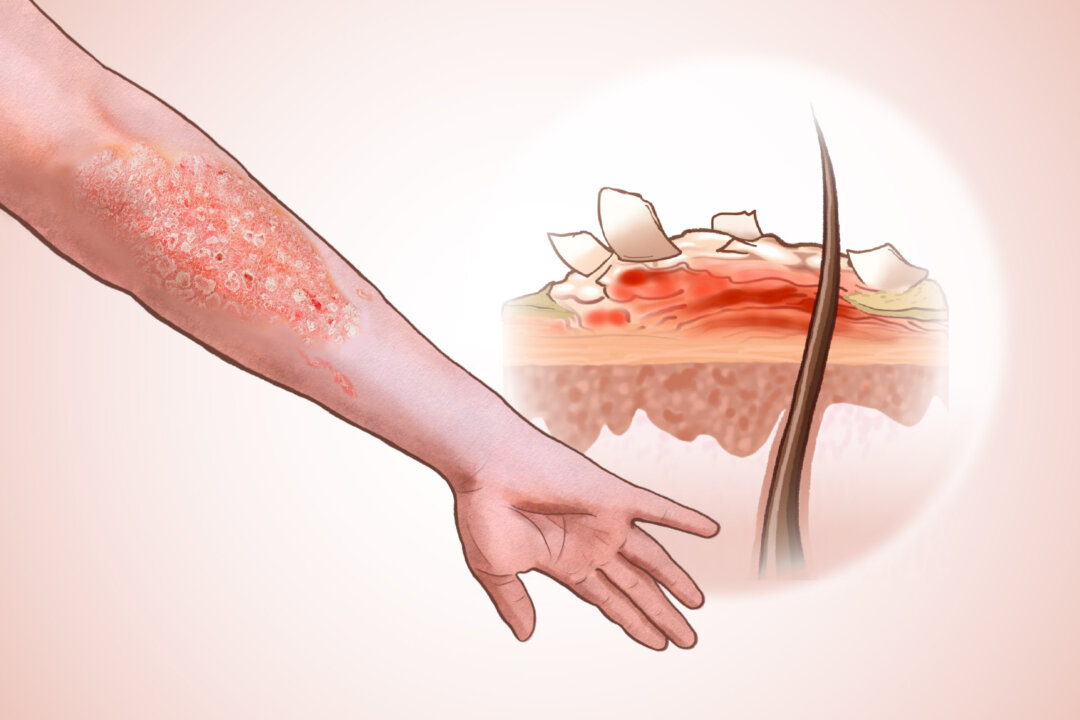Psoriasis, the second most common autoimmune condition in the United States, affects millions of individuals. This complex disorder goes beyond mere skin issues, involving a genetic basis where the immune system mistakenly targets healthy skin cells. The result is an overactive immune response, leading to the development of thick, scaly patches commonly found on areas such as the lower back, elbows, knees, and scalp.
While there is currently no cure for psoriasis, many people manage their symptoms effectively through a combination of medical treatments and lifestyle adjustments. The following five lifestyle approaches can significantly enhance the quality of life for those living with this condition.
Dietary Considerations
Nutrition plays a pivotal role in managing psoriasis. Research indicates that certain diets may help reduce inflammation and improve skin health. A diet rich in fruits, vegetables, whole grains, and healthy fats can be beneficial. Foods high in omega-3 fatty acids, such as fish, flaxseeds, and walnuts, are particularly noted for their anti-inflammatory properties. Conversely, individuals might consider reducing their intake of processed foods, sugar, and saturated fats, which can exacerbate symptoms.
Regular Physical Activity
Engaging in regular physical activity is another effective strategy. Exercise can help maintain a healthy weight, which is crucial as obesity is linked to more severe psoriasis symptoms. Activities like walking, swimming, and yoga not only improve physical health but also enhance mental well-being, reducing stress that may trigger flare-ups.
Stress Management Techniques
Stress is a known trigger for psoriasis flare-ups. Thus, incorporating stress-reduction techniques can be incredibly beneficial. Mindfulness practices, such as meditation and deep-breathing exercises, can help individuals manage stress levels. Additionally, seeking support through counseling or support groups can provide emotional relief and valuable coping strategies.
Skin Care Regimen
A consistent and gentle skin care regimen is essential for those with psoriasis. Using moisturizing lotions and creams can help alleviate dryness and scaling. Bathing in lukewarm water and avoiding harsh soaps can also protect the skin barrier. Individuals should consult with dermatologists to identify suitable products that will not irritate their skin.
Sunlight Exposure
Moderate exposure to sunlight can benefit those with psoriasis. Sunlight helps in the production of vitamin D, which plays a role in skin health. However, it is crucial to balance sun exposure with the risk of sunburn, as excessive sun can worsen the condition. Individuals should discuss safe sun practices with their healthcare providers to maximize benefits while minimizing risks.
Living with psoriasis can be challenging, but with the right combination of lifestyle changes, individuals can lead fulfilling lives with fewer symptoms. As research continues to evolve, it is essential for those affected by this condition to stay informed about effective management strategies.
